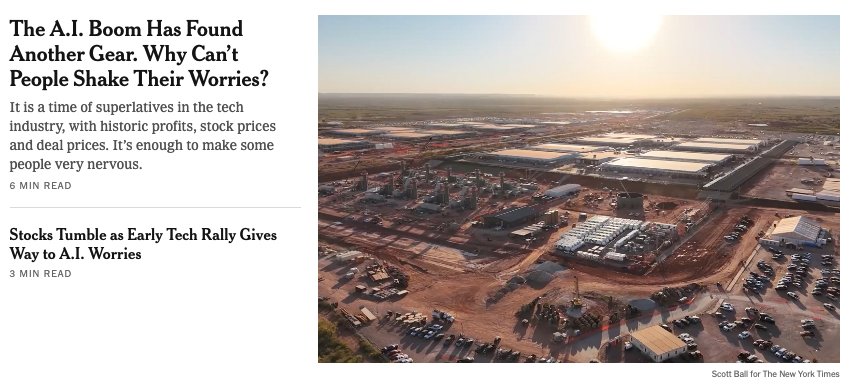The 996/007 problem: from China to Silicon Valley
I was born and grew up in China, and have taken the infamous Gaokao(national college entrance exam) to enter college there. Gaokao is known for its competitiveness – in my year, 9.3 million students took part in the exam, and only 2% of the students were admitted to the 39 top tier universities. My peers and I were promised by parents, teachers, and society that if we got to the top tier universities, we wouldn’t have to work hard for the rest of our lives. Therefore, we woke up at 6:45AM and studied at school till 10PM with only one day off during our senior year in high school.

However, when my peers went into the workforce after college, 996 became a norm in many industries, especially the tech sector in China. “996” means working from 9AM to 9PM, 6 days a week. As the 996 schedule drove the tech sector to be more competitive, the 007 work schedule(midnight to midnight, seven days a week) started to gain popularity among employers.
I worked in the intersection of tech and consulting in China during Covid for a year, and operated under the 007 mode. In multiple work group chats, coworkers said they had a fever or were about to go through a surgery, but they would be back in a few hours. It was an unsustainable and painful experience for me, and I left for a better work culture in the US in 2021.
In 2025, I found the 996 and 007 work schedules have also become more prominent in the US tech sector, though Silicon Valley used to be proud of its laidback culture. When I interviewed with OpenAI, Meta, and other AI focused companies this year, most interviewers avoided sharing their work hours and told me they prioritized moving fast and getting things done. Major news outlets like The New York Times and The Wall Street Journal have published articles about how Silicon Valley and AI startups admire the 996 schedule and are determined to win the AI race by putting in 100-hour workweeks. One of the startup executives even pushes 007 to another level: “002", meaning midnight to midnight, with a two-hour break on weekends. This environment sounds so toxic to me, as someone who experienced competitive education and work culture in China, and worked in the fast-paced consulting industry for years.
Reading the news and observing the culture shift in the tech industry makes me sad. Shouldn’t AI be the one that works 24/7 and enables humans to focus on more enjoyable and creative tasks? If AI can work 24/7 without any break, how could working 996 or 007 be a competitive advantage?
Investment anxiety drives overwork
I think the overworking culture is driven by insecurity and anxiety: tech companies and investors have invested heavily in AI and they want to see the returns. Some estimates say the AI related investment accounted for more than half of America's 1.6% growth rate over the first six months of 2025. The investment in the advanced chips, data center, and frontier AI model has outpaced any other industry, but we haven’t seen a magic return yet.

Investors pull money in AI infrastructure and development, then they are eager to see return of investment, which leads big tech companies and VCs to push hard to meet the expectation of the market. This chain reaction enables the current overworking culture.
When a new technology is groundbreaking, it takes creativity to reimagine and build a new world with it. From my personal experience and observation, over-working is not a friend of creativity. Overworked and pressured employees can produce well defined mass products, but they don’t have the mental capacity to think outside of the box.
Creativity is the real catalyst of innovation
After leaving consulting and interviewing with many companies, I decided to start my own entrepreneurship this year; I want to build something with autonomy and move faster than corporate environments allow for. It has been a great experience so far:
- I work as much as I want, and feel energized and motivated.
- I feel primarily driven by my curiosity and sense of achievement.
- When I feel stuck at work, I simply take a walk in Prospect Park, go to the gym, or call it a day. New ideas usually pop up when I step away and get out of my office.

When I spend time with my partner or friends, they sense that I’m generally happier and more relaxed compared to the last couple of years.
As for productivity, working with autonomy is a game changer. I used to study or work out of responsibility and competitiveness, but only in recent years I realized how my resentment grew, especially when I had to endure long hours. I was not as productive or creative as I could have been, because subconsciously I wanted to finish my work as soon as possible. As I started to guide my work with curiosity and interest, the resentment faded.
Nevertheless, information explodes in this era; even catching up with technical advancements in an area like AI is very difficult. Working on AI or being in any position adjacent to it is anxiety-inducing. Excessive anxiety and insecurity has led to irrational behaviors like 996 and 007. I want to remind myself and fellow AI practitioners: working 996 or 007 is not a competitive advantage, but focusing on a valuable problem and using creativity to solve it is.
